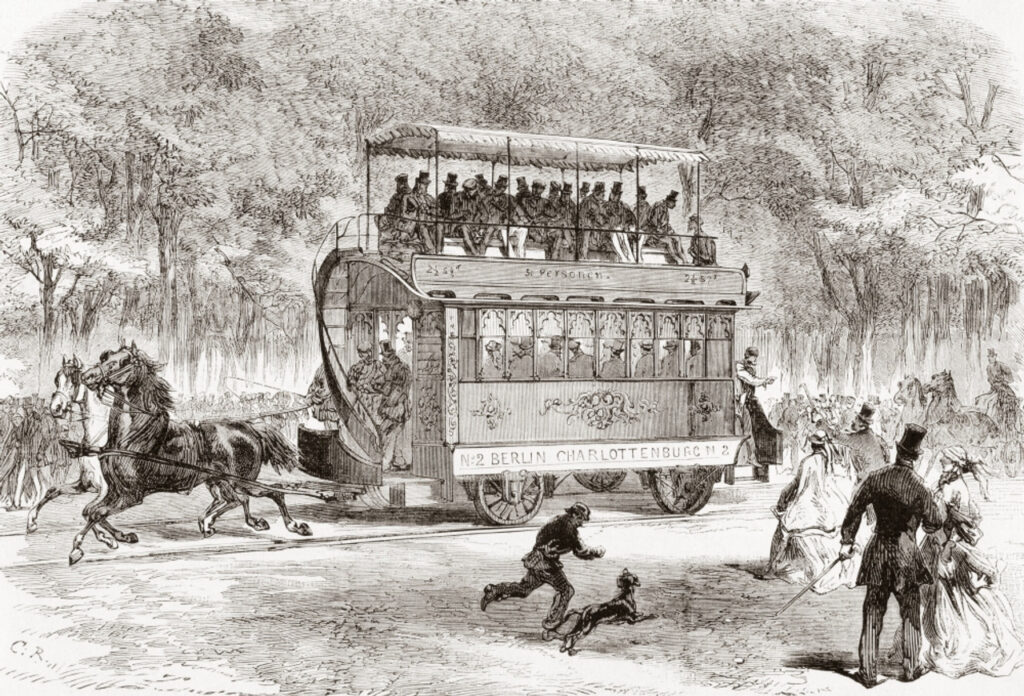
While many people say things like “AI will not replace people”, “it will create more abundance”, “it will change what we do but not the need for us”, etc, I’d like you to consider the history of the horse.
In the 1800s, horses were used to move carriages, people, equipment, and more. In places like New York City, a horse taxi that used a single horse and could carry typically 1-2 people + a driver required the driver or business owner to have at least 3 horses. 1 for trips, another to rotate out with (because horses need rest), and a third in case you had a problem with 1 of the first 2. A horse-bus (it’s a thing) might have used up to 6 or 7 horses at a time to pull the horse-drawn version of those famous London, double-decker red buses. All of these horses cost money, required housing, and needed to be fed and otherwise cared for. They also defecated everywhere to the extent that there were predictions that the amount of horse feces in NYC streets would reach the third story windows of nearby buildings.
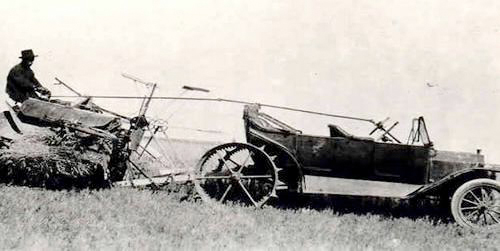
Enter the automobile. Sure, they were unreliable and expensive at first, but as they improved, they replaced horses not just on city streets, but on farms and in other places as well. Soon enough, they were cheaper and easier to own than horses, and because horses are not super adaptive to work tasks beyond pulling, carrying, and hauling (all things the automobile quickly did net-net better or cheaper), there was nowhere for horses to go, but to be relegated to tasks that were economically relatively unimportant and for which there was low demand (racing, show training and jumping, and so on).
Horses could not retool or retrain. Their territory, the tasks they specialized in, were encroached upon by technology, and in some sense, horses went into technology-driven unemployment. While he was not talking about technology at the time, John Stuart Mill famously said, “Demand for commodities is not demand for labor.” Just because people needed to get themselves and things from one place to another did not mean that they needed horses to do it.
As AI continues to evolve, I think you should consider whether or not humans will reach the position of the horse in more and more areas that we previously thought we (and not technology) were ideally suited for. When humans are displaced by technology, people won’t stop wanting things, but they won’t need other people to produce those things for them.
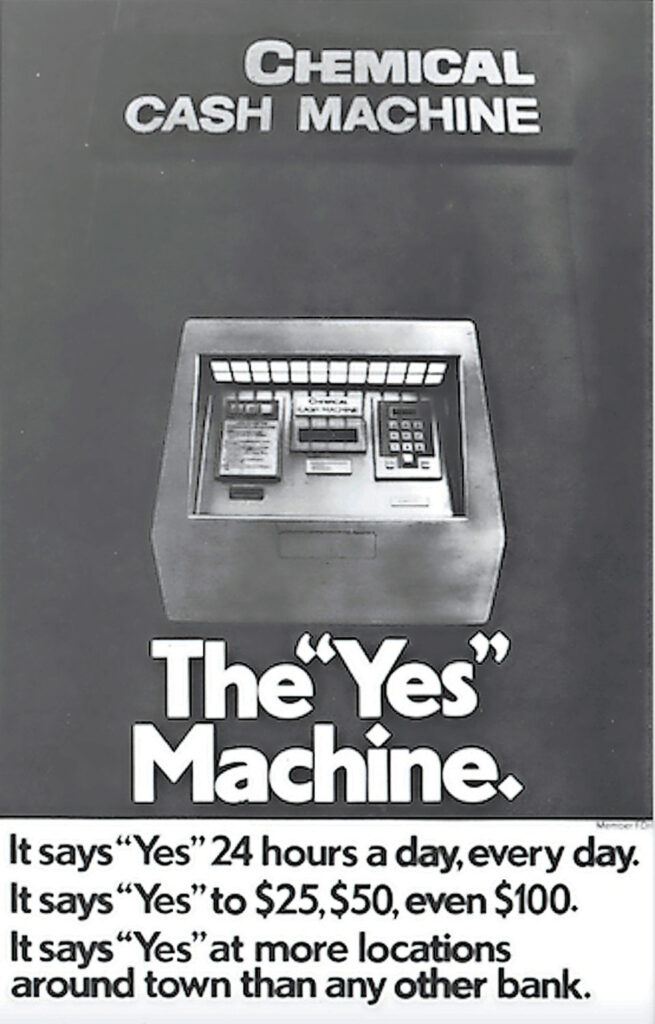
When ATMs were first developed, many people said they would kill the job of tellers. In reality though, demand for tellers went up. Why? Because while ATMs displaced tellers from their traditional roles, ATMs freed up tellers to do higher-touch tasks that ATMs could not. This is the type of story you will often hear from people that say that AI will not replace humans. It might displace us, but demand will remain for things that humans and not technology can do.
Okay, maybe, but do you believe that humans are so unique that we will never get to a place that the horse encountered where there is no remaining task that is uniquely suited to humans that is also in high enough demand that most people can both be employed and make a reasonable wage?
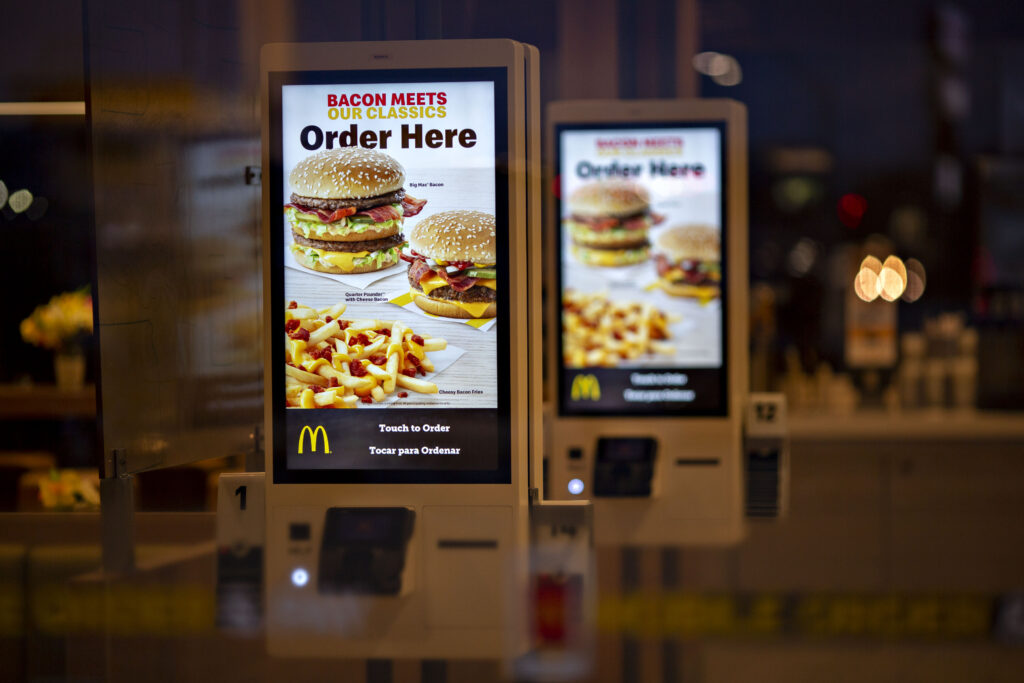
Look at self-service kiosk-based ordering in places like McDonald’s or order-via-app at Starbucks. These businesses are able to employ the same number of front-line service workers while selling more product. And, sure maybe they have to employ more burger flippers or baristas, but we all know that many aspects of making food or drinks can be automated too. And, any price v. quality tradeoffs that currently weigh in favor of humans will only increasingly shift in the direction of technology such that more and more businesses will, in the words of JSM, be able to sell more of their commodities, but not need to employ nearly as much labor.
Now, maybe you say that human beings value more than price. Sure. Many people do, but while many might like a handmade sofa or custom-tailored suit, more people choose IKEA and are able to access their goods at a much lower cost than those that choose to buy handmade. Demand for “humanmade” products in many areas is simply much less than it once was. Because while humans by default value others’ hard work, they value access and price more in most cases. Think of someone in the third world getting access to a pair of Nikes for the first time. They can buy the Nikes for $X or they can buy some handmade shoes of the same quality for $3X. Which do they choose?
As technology increasingly displaces humans, we must shift to areas unique to us, but just because there is still the need for a manager at McDonald’s when the cashier position is replaced by technology does not mean that I might be qualified today, even able to be trained to do that job, or that that job is in an area I can or am willing to live in. Horses ran out of places they could be displaced from and to. The same will happen to humans.
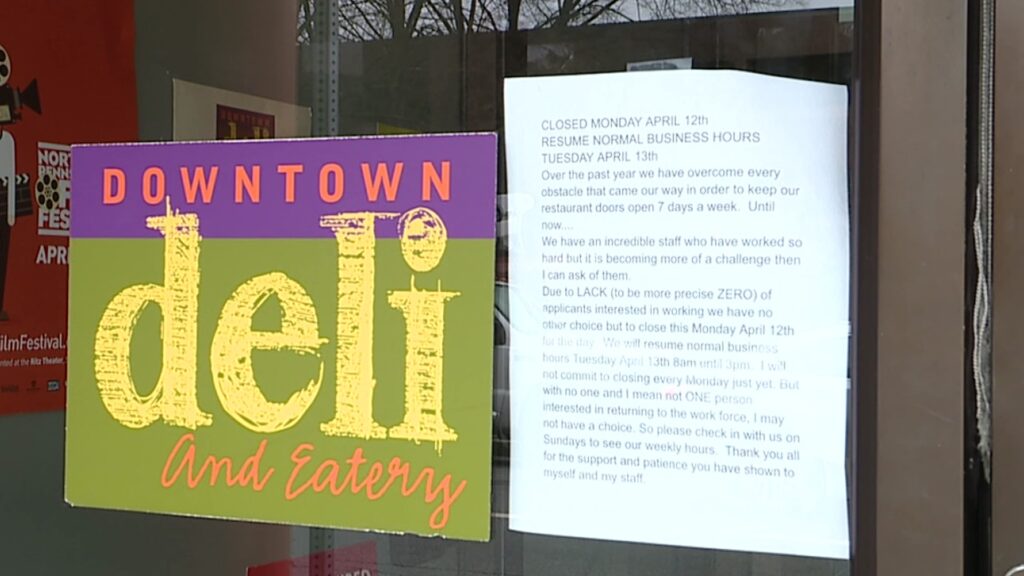
Think of the difficulty of finding employees in recent years. Everywhere I’ve been in the country, people have said that they can’t find enough employees, and yet, many people weren’t working. Why? One reason was that the match between skills needed and skills available did not exist. Technology-driven task displacement will only exacerbate this.
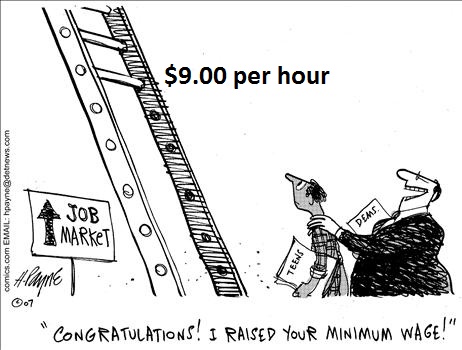
A further complicating factor is minimum wages. Labor Department research long ago showed that increases in minimum wage often have a perverse impact on people at the lowest end of the skill spectrum. If I run a Subway shop and employ high school students for $Y/hour and the minimum wage goes up 25%, I might find that it’s not worth employing those high school students because the quality of their work simply is not up to the level I’m required to compensate them. As a result, I might not employ those high students and instead employ a recent graduate, which takes that graduate out of the mix for jobs they might actually be better suited for. The outcome is people at the lower end of the skill spectrum not being gainfully employed and employers at the higher end of the skill spectrum not being able to find people they need to.
Or, let’s say I can’t find that recent graduate. I might not employ the high school students. I might simply employ no one and choose to do what I’ve seen from many service businesses in the US in recent years. I’ll just close my doors at certain times or on certain days because I’d rather sell a product that my customers are willing to pay for than sell one that is below the quality they’re paying for and have that result eventually in people not wanting to buy from me at all. The outcome is fundamentally the same. I need a certain quality of labor at a certain cost. I can’t find it, and yet, some segment of the market remains unemployed. In this case, I’m just waiting for the day that I can afford to replace my potential human labor with a cheaper alternative
Add to this that–as technology-driven task displacement occurs and more people are left looking for new jobs, retraining, having to move to where work is available, and so on–there will be a greater supply of humans and, I believe, in many cases a static or even decreasing level of demand for those humans. When supply is high and demand is low, it creates less incentives for employers to either pay well or to provide a high-quality work experience. This will further drive people out of the labor market. It’s as if the horse is still needed, but the job sucks so much that they refuse to do it. They’d rather lay around.

If I have $50k in college loan debt and have to work a crap job or do nothing at all, I might actually choose at some point to leave the labor market, file Chapter 7 or 13 bankruptcy, and then file an adversary proceeding to claim that repayment of my loans would cause undue hardship. If I have for example a BA in Business Administration, $50k of college debt, can only find a sandwich-making job paying $15/hour that might not be enough to even live on, and have the only other option being to move to an expensive city like San Francisco where a bartending gig might pay $60/hour or go back to school to get a new degree, a judge might reasonably say that working a low-paying job I’m ill-suited, moving to an expensive city far away to work a higher-paying job I’m ill-suited for, or taking on yet more debt is really no option and therefore void my loan obligations.
Great for me. I’m still unemployed though, because like the horse, technology encroached on the tasks I could uniquely do until there were no more tasks left for me to be displaced to or the available options were so unattractive that I simply chose not to participate in the labor market anymore.